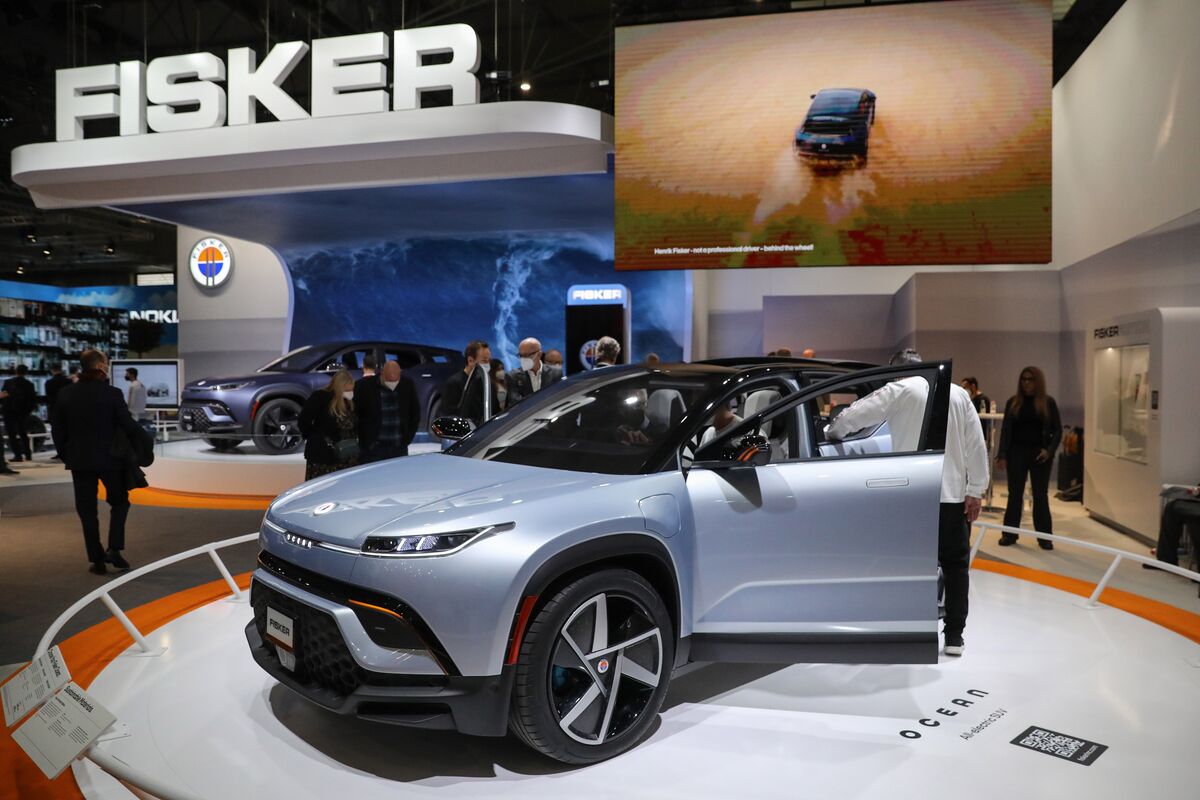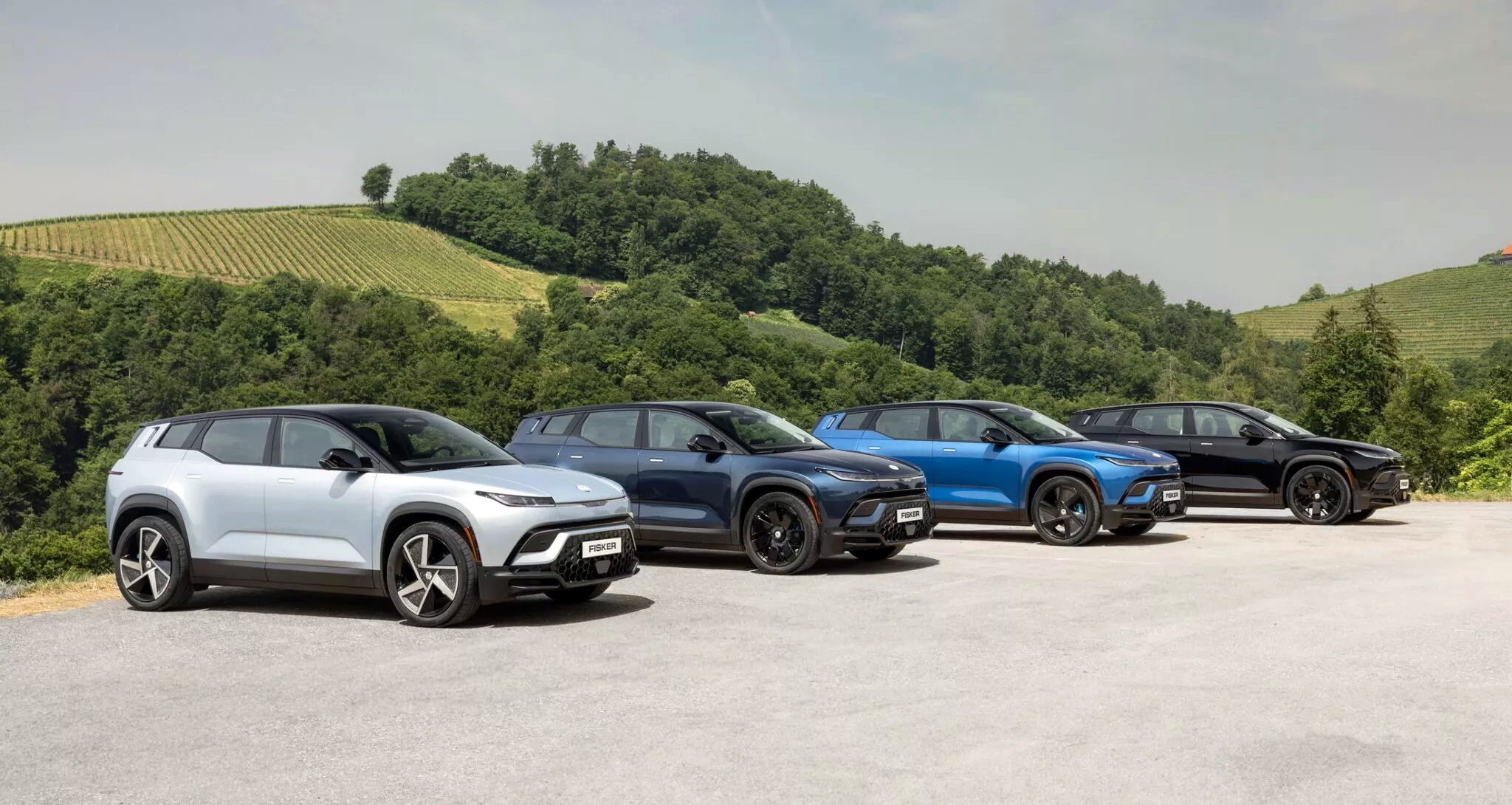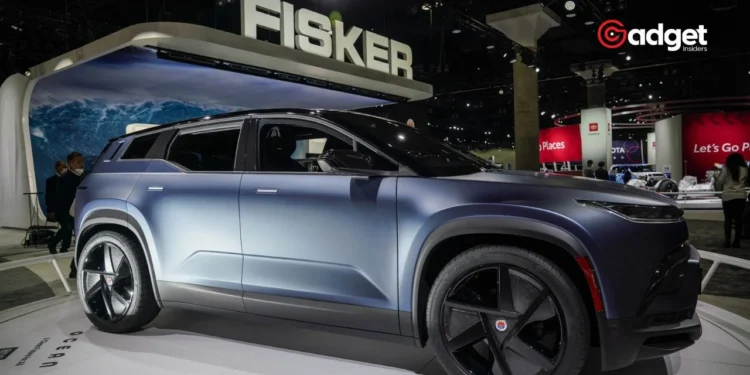Once hailed as a beacon of innovation in the electric vehicle industry, California-based carmaker Fisker Inc. is grappling with financial instability that may soon force it into bankruptcy. This development marks a dramatic fall from grace for a company that, at its peak, boasted a valuation of $2.9 billion.

Henrik Fisker, CEO of Fisker Inc., who previously saw his former venture Fisker Automotive succumb to bankruptcy in 2013, might be facing a similar fate with his current company.
Despite launching ambitious projects like the electric Ocean SUV, the company’s financial woes have deepened, highlighted by its failure to make an $8.4 million interest payment in March.
The situation has reached a critical point where, without an immediate infusion of capital or concessions from creditors, The company anticipates filing for bankruptcy within the next 30 days.
This news came to light through a recent filing with the Securities and Exchange Commission, casting substantial doubt on the company’s ability to continue operations.
NEWS:
Fisker Inc, once valued at $2.9 billion, is expected to file for bankruptcy in 30 days. pic.twitter.com/l0cqXSXitZ— Amir (@WorkaholicDavid) April 24, 2024
Job Cuts and Operational Scaling Back
To manage its dwindling funds, Fisker has already implemented significant layoffs, reducing its workforce from 1,560 at the end of the previous year to just 1,135. The company is also reducing its real estate footprint in a bid to cut costs further.
These cuts come at a time when the company’s ability to deliver a high-quality, competitive product is still unproven. The company openly admits to the challenges it faces in development, manufacturing, and regulatory approvals, which are essential for success in the competitive automotive industry.

Fisker: Technical Troubles and Consumer Trust
Compounding the financial issues are operational troubles with its flagship SUV, the Ocean. Despite having delivered 6,400 units of the vehicle, Fisker is battling a wave of consumer complaints and regulatory scrutiny.
The National Highway Traffic Safety Administration has launched investigations into several safety concerns, including the vehicle’s braking system and door latches.
The vehicle’s reputation took a further hit when noted technology reviewer Marques Brownlee described the Ocean as “the worst car I’ve ever reviewed.” This kind of negative publicity can be devastating for a company that is already struggling to secure its foothold in the market.

The Financial Rollercoaster: From SPAC to Scrap
Fisker’s journey through financial turbulence has been marked by highs and lows. After going public through a Special Purpose Acquisition Company (SPAC) deal in 2020, the company’s market valuation soared to $2.9 billion.
However, the initial excitement has fizzled out, with its market cap plummeting to just $21 million as of the latest reports.
The plummeting stock value and ongoing cash burn raise questions about the sustainability of Fisker’s business model, which has already seen more than $1.8 billion in investment since its inception.










